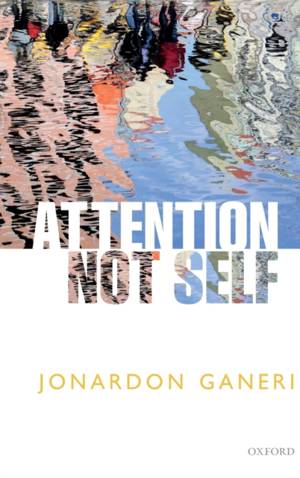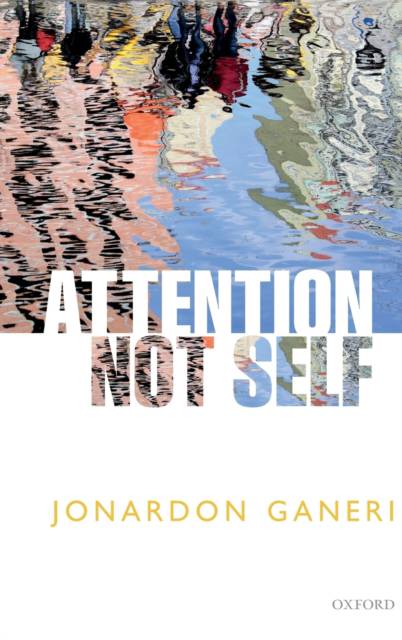
- Afhalen na 1 uur in een winkel met voorraad
- Gratis thuislevering in België vanaf € 30
- Ruim aanbod met 7 miljoen producten
- Afhalen na 1 uur in een winkel met voorraad
- Gratis thuislevering in België vanaf € 30
- Ruim aanbod met 7 miljoen producten
Zoeken
Omschrijving
Jonardon Ganeri presents an account of mind in which attention, not self, explains the experiential and normative situatedness of human beings in the world. Attention consists in an organisation of awareness and action at the centre of which there is neither a practical will nor a phenomenological witness. Attention performs two roles in experience, a selective role of placing and a focal role of access. Attention improves our epistemic standing, because it is in the nature of attention to settle on what is real and to shun what is not real. When attention is informed by expertise, it is sufficient for knowledge. That gives attention a reach beyond the perceptual: for attention is a determinable whose determinates include the episodic memory from which our narrative identities are made, the empathy for others that situates us in a social world, and the introspection that makes us self-aware. Empathy is other-directed attention, placed on you and focused on your states of mind; it is akin to listening. Empathetic attention is central to a range of experiences that constitutively require a contrast between oneself and others, all of which involve an awareness of oneself as the object of another's attention. An analysis of attention as mental action gainsays authorial conceptions of self, because it is the nature of intending itself, effortful attention in action, to settle on what to do and to shun what not to do. In ethics, a conception of persons as beings with a characteristic capacity for attention offers hope for resolution in the conflict between individualism and impersonalism.
Attention, Not Self is a contribution to a growing body of work that studies the nature of mind from a place at the crossroads of three disciplines: philosophy in the analytical and phenomenological traditions, contemporary cognitive science and empirical work in cognitive psychology, and Buddhist theoretical literature.
Attention, Not Self is a contribution to a growing body of work that studies the nature of mind from a place at the crossroads of three disciplines: philosophy in the analytical and phenomenological traditions, contemporary cognitive science and empirical work in cognitive psychology, and Buddhist theoretical literature.
Specificaties
Betrokkenen
- Auteur(s):
- Uitgeverij:
Inhoud
- Aantal bladzijden:
- 404
- Taal:
- Engels
Eigenschappen
- Productcode (EAN):
- 9780198757405
- Verschijningsdatum:
- 30/01/2018
- Uitvoering:
- Hardcover
- Formaat:
- Genaaid
- Afmetingen:
- 155 mm x 236 mm
- Gewicht:
- 793 g

Alleen bij Standaard Boekhandel
+ 286 punten op je klantenkaart van Standaard Boekhandel
Beoordelingen
We publiceren alleen reviews die voldoen aan de voorwaarden voor reviews. Bekijk onze voorwaarden voor reviews.











